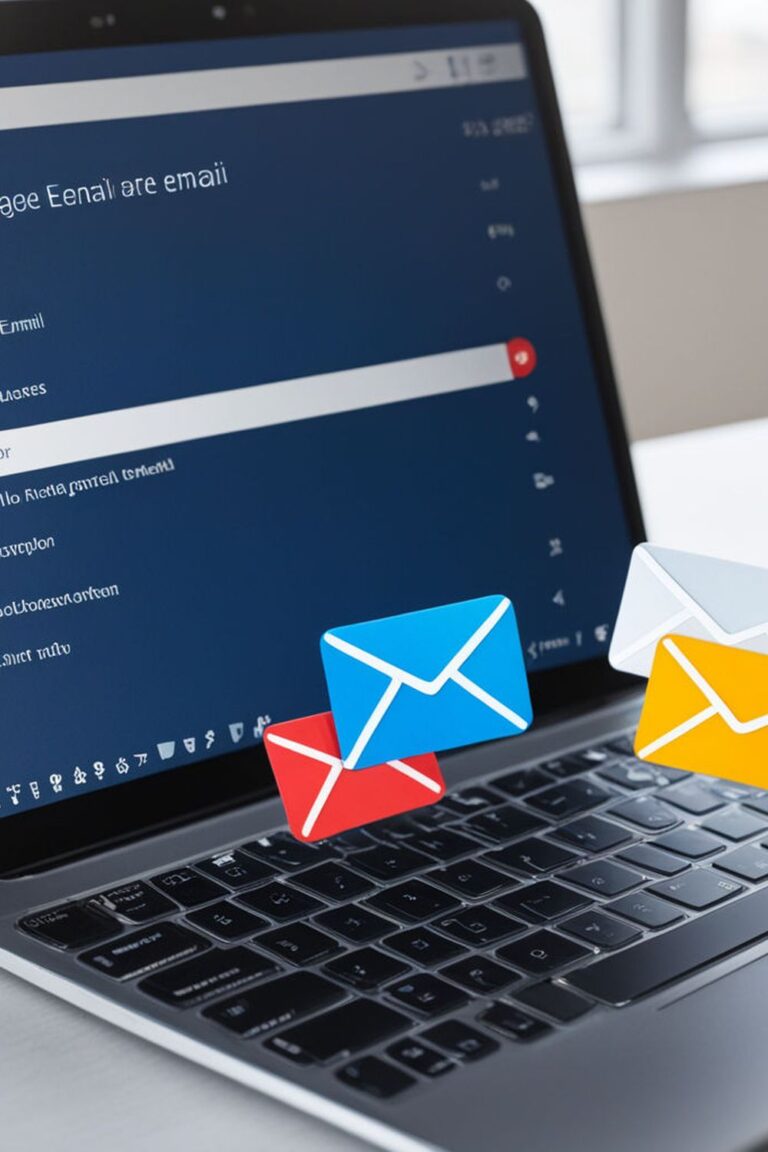It often happens at leadership levels, but in reality at all levels, effective communication management is essential to maximize daily productivity and minimize distractions.
Messaging applications, emails, calls, notifications or social networks, are real time thieves, and a permanent source of distractions that ultimately has a rather large impact on our daily day, because at the end of the day the time we have dedicated to them is a really catastrophic sum. In the end, they are often just there for that. To distract you and make you lose focus and concentration on what you are doing.
To combat this there is a key strategy, which is to set specific times to check emails and take calls, instead of responding immediately to each notification. Something very simple, although it is not always so easy. But it’s a matter of getting used to it and getting others used to the fact that we can be busy with something else. So if we establish this practice, we will avoid being flooded by communications, and we can devote time more efficiently to other important tasks at hand.
Let’s not kid ourselves. Sometimes, you have to be hard on yourself and others in order to successfully engage in this dynamic. But certainly, it is part of the strategies related to setting time limits and availability limits, as well as the strategies of prioritizing tasks, including communication tasks, and being able to organize or attend to them according to their degree of importance and urgency.
With respect to e-mail, we can (and should) always use e-mail filters and prioritization systems that help us to quickly identify which important messages need to be properly attended to in a timely and appropriate manner, while relegating or postponing less important ones so that they can be attended to later.
By proactively and intelligently managing our communications so that they do not become distractions, we will be able to keep pace with critical issues without other issues taking us out of our concentration and causing us to lose efficiency and time.
It is worth noting that managers rarely attend to communications themselves, establishing a secretarial protocol that filters precisely which matters are of priority attention and should be referred to them or which other matters should not interrupt their activity and fall under the action protocol of their secretary or personal assistant.
In either case, the goal of good communication management is to avoid being swamped by daily communication in order to maintain a proper workflow and a healthy balance between availability and efficiency, and why not say it… to preserve mental health.










